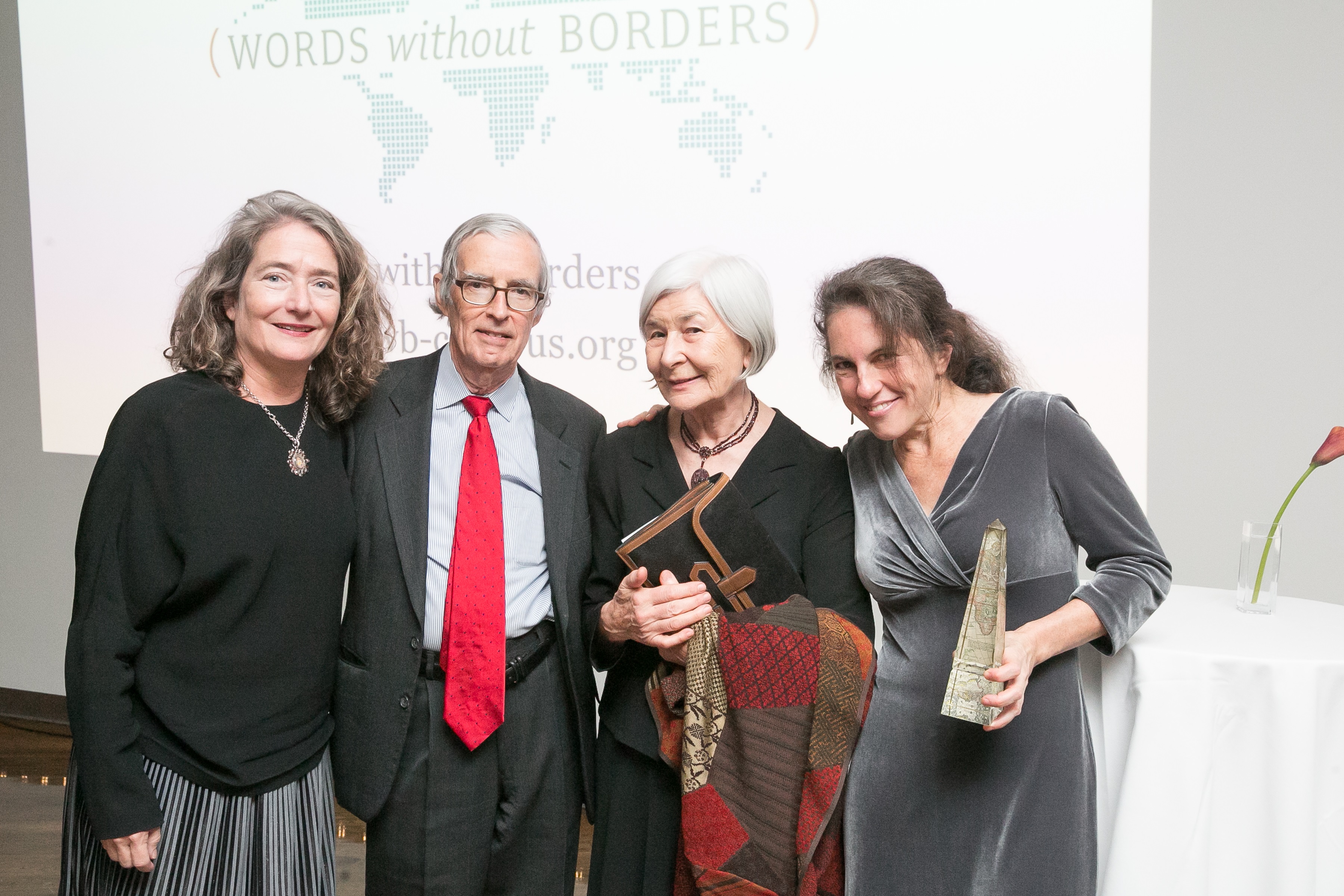What should a budding translator read? What kinds of critical lenses should he or she apply to the process of translation? Assistant Editor Andreea Scridon shares some insights she gathered from the poetry translation workshop she attended this summer in Norwich, UK.
Every summer, the University of East Anglia in Norwich (home of the first Creative Writing program in the United Kingdom) holds an International Literary Translation & Creative Writing Summer School. This past July, the program was held in partnership with the British Centre for Literary Translation, and I attended the multilingual poetry translation workshop—led by internationally translated poet and writer Fiona Sampson—as an emerging translator of Romanian and Spanish into English. Below I recount musings on the most significant things I learned, which I hope will be of use to those potentially looking to break into literary translation.
A sound starting point in this discussion is the question of considering what to read as a translator. It should go without saying that a literary translator must necessarily be a well-read person in order to be able to make the best possible choices in terms of context, likely more so than anybody else. Having established this as a point of consensus, we discussed, both officially in workshops and amongst ourselves, what exactly a translator should be reading today. In my opinion, the library of a(n) (aspiring) literary translator should include contemporary literature, non-contemporary literature (both classics and obscure-but-lovely older works), and, of course, translations, preferably in as many languages as possible. For instance, examples of each subsection in my current library include Lauren Groff’s Florida and Jenny Zhang’s Sour Heart (which are English-language works but useful examples of the spirit of today’s literary scene), Romain Gary’s The Kites and Mikhail Sholokhov’s And Quiet Flows the Don, and Anna Akhmatova’s various poetry collections in translation by Yevgeny Bonver, Richard McKane, and Alexander Cigale, to name only a few. I asked Ian Gwin, an emerging translator of Finnish, Estonian, Latvian, and Lithuanian who also participated in the Summer School, for suggestions. He recommends Keith Gessen’s A Terrible Country, noting that Gessen is himself a bilingual and that the theme of the two cultures meeting within the novel may be useful for a translator to consider. Regarding multiple translations, he recommends Robert Musil’s The Man Without Qualities, pinning the more linguistically faithful translation of Eithne Wilkins and Ernest Kaiser against the newer one produced by Sophie Wilkins and Burton Pike. He also suggests the high-quality recent translation of Alfred Döblin’s Berlin Alexanderplatz by Michael Hoffman, citing it as a long work that shows an attempt to render a specific style in a second language.



